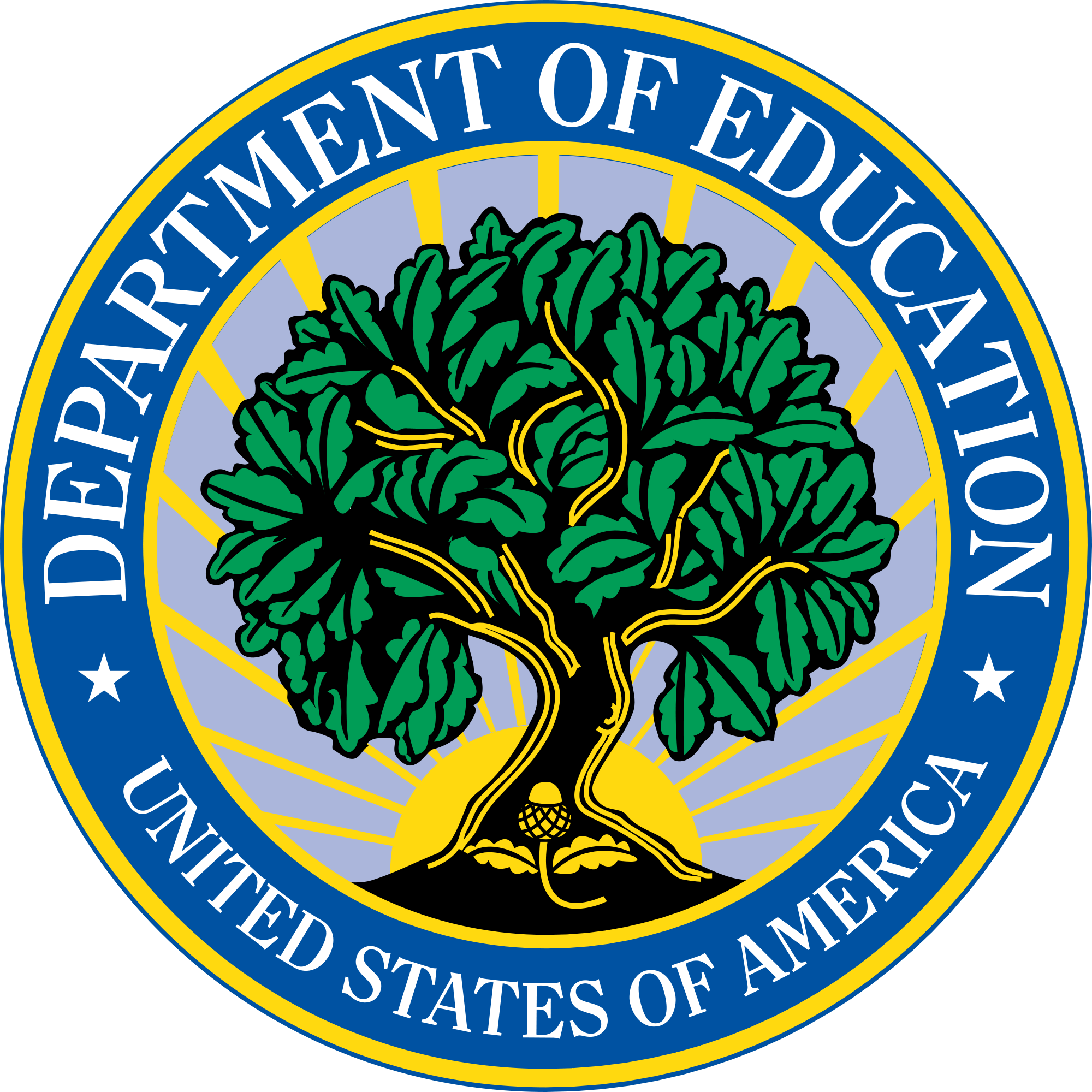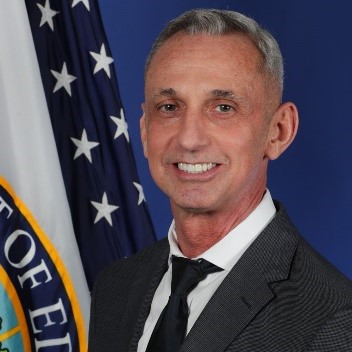


- Lessons from the Field -
Returning to In-Person Learning: Supporting Students, Especially Those with Disabilities, through Intensive Instruction, Effective Learning Environments and Family Engagement
Wednesday, May 26, 2021 | 3:00 - 4:00 PM ET
Attention: Education Agencies, Education Providers and Parents/Guardians
The U.S. Department of Education is hosting a webinar series to support educational settings in safely sustaining or returning to in-person instruction. The series features lessons learned and best practices from teachers, faculty, staff, schools, districts, institutions of higher education, early childhood education providers, and other places of educational instruction describing approaches to operating during the COVID-19 pandemic.
On behalf of the U.S. Department of Education (ED), including the Office of Elementary and Secondary Education’s Office of Safe and Supportive Schools and the Office of Special Education and Rehabilitative Services’ Office of Special Education Programs, the National Center on Safe Supportive Learning Environments (NCSSLE) invites you to join the next webinar, Returning to In-Person Learning: Supporting Students, Especially Those with Disabilities, through Intensive Instruction, Effective Learning Environments and Family Engagement.
Date: Wednesday, May 26, 2021 Time: 3:00-4:00 pm EST
Please join us for this informative webinar featuring information from the U.S. Department of Education and a panel discussion with practitioners who will share lessons learned and strategies utilized to support all students, especially those with disabilities, returning to in person learning. Together they will focus on how district and school staff can intensify instruction, create effective learning environments, and engage families in ways that benefit all students, especially students with disabilities, when returning to in-person learning.
Speakers/Panelists
- Christian Rhodes: Chief of Staff, Office of Elementary and Secondary Education, U.S. Department of Education
- Dr. David Cantrell: Deputy Director, Office of Special Education Programs, U.S. Department of Education
- Experienced Practitioners from the Field
Related Documents
This event will reference the following resources, which we encourage you to download in advance of the webinar to inform participation:
- ED COVID-19 Handbook Volume 1: Strategies for Safely Reopening Elementary and Secondary Schools (PDF)
- ED COVID-19 Handbook Volume 2: Roadmap to Reopening Safely and Meeting All Students' Needs (PDF)
For your reference, slides for this presentation will be posted on the event webpage on the day of the event.
Registration
|
You must register to participate in this presentation. Register Here! |
Please contact NCSSLE if you have any questions. We look forward to sharing this information with you and hearing from you about the important work you are doing in your schools, communities, and states to meet the needs of your students and staff as they return to in-person learning. To access information and archived materials from previous Lessons from the Field webinars, go here.








